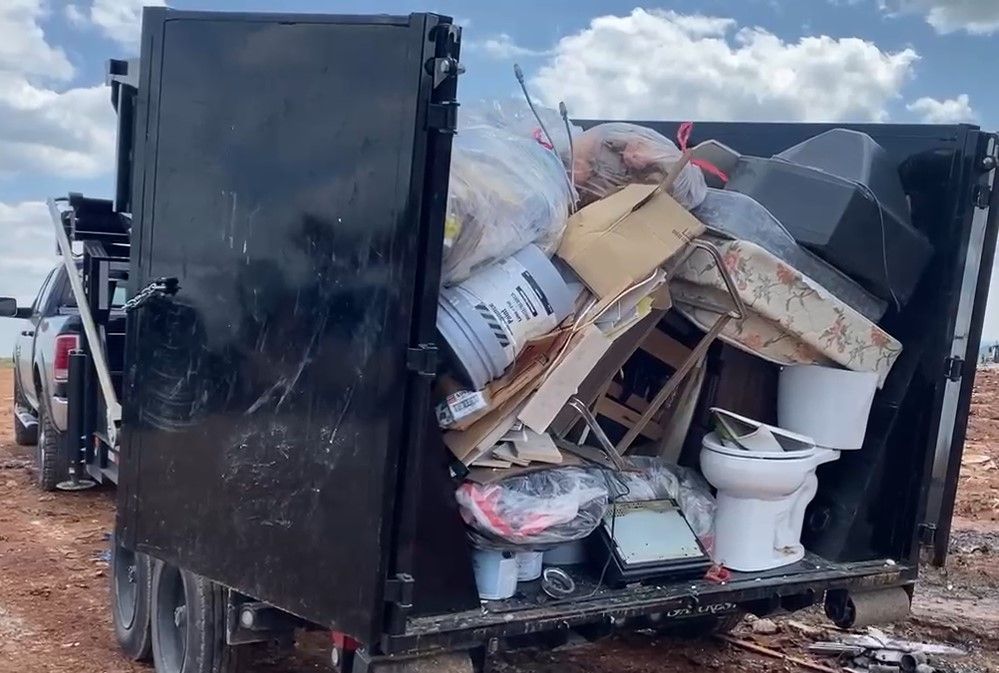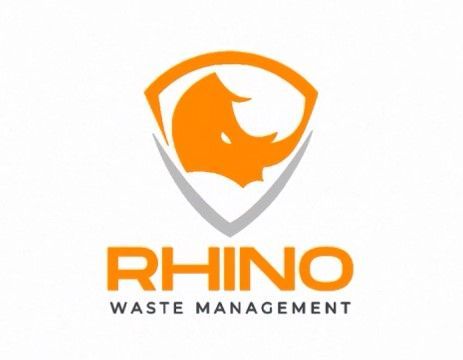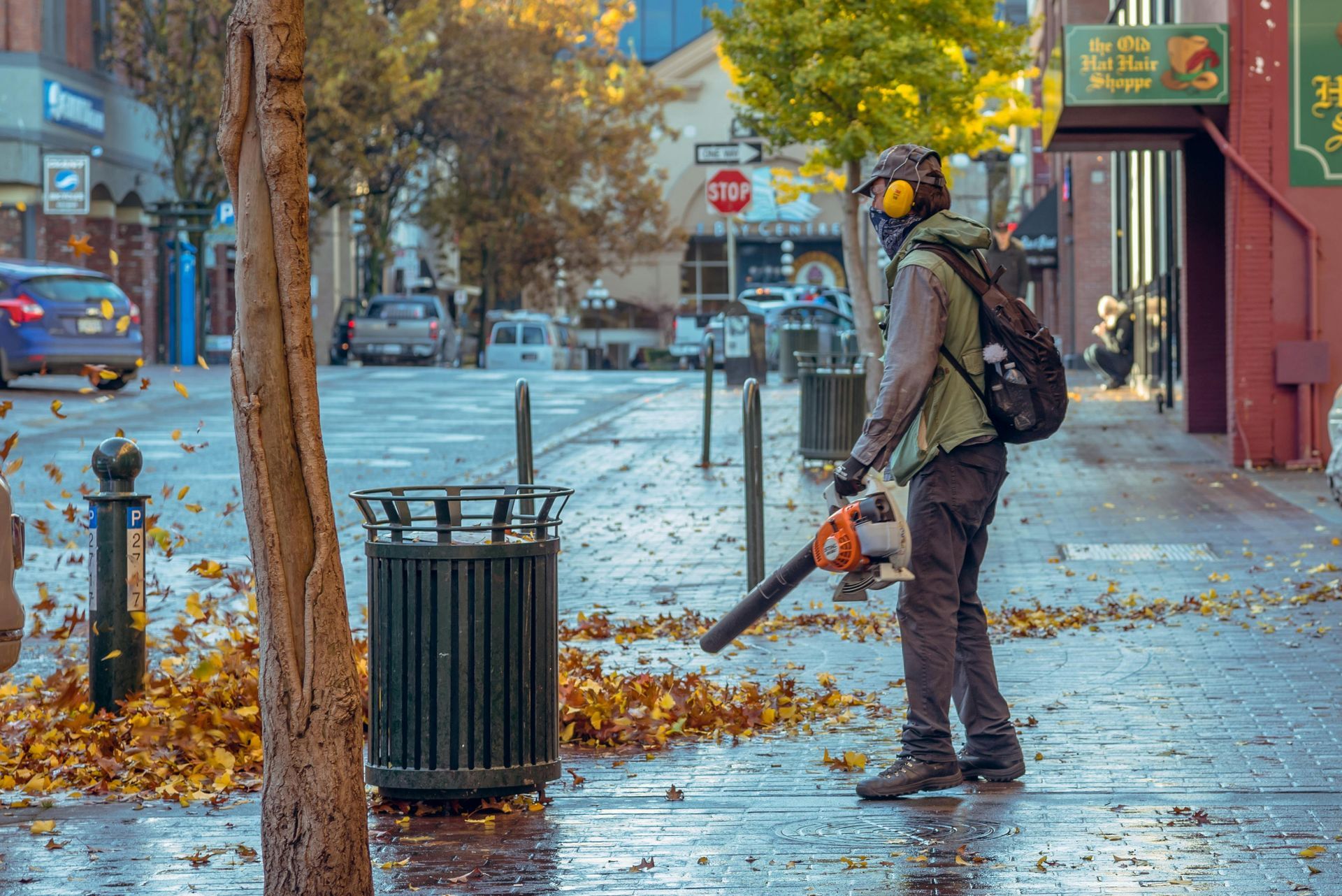Is Dumpster Diving Illegal? What You Need To Know
Dumpster diving has gained attention in recent years, both as a means of sustainable living and as a controversial practice. Whether you’re curious about the legality of this activity or considering diving into the bins yourself, it’s essential to understand the legal landscape surrounding it. Here’s a breakdown of the key factors you need to consider.
What is Dumpster Diving?
Dumpster diving involves searching through commercial or residential waste containers to find items that can be reused, recycled, or salvaged. Many people engage in this practice for various reasons, including environmental concerns, financial need, or simply the thrill of finding hidden treasures.
The Legal Status of Dumpster Diving
Public vs. Private Property
The legality of dumpster diving often depends on whether the dumpster is located on public or private property:
Public Property: In general, if a dumpster is placed on public property, such as a sidewalk or street, diving is usually legal. However, local laws and ordinances may apply, so it’s always best to check the rules specific to your area.
Private Property: Dumpster diving on private property without permission can be considered trespassing. Most businesses and residential properties have policies against it, and you could be asked to leave or face legal action.
Local Laws and Regulations
Laws surrounding dumpster diving vary significantly from one jurisdiction to another. Some cities have specific ordinances that may restrict or regulate the practice. For example, certain municipalities may classify diving as theft, even if the items are considered discarded. Always research your local laws to understand the rules that apply to your area.
The “Abandonment” Defense
Some argue that once an item is discarded, it is effectively abandoned and therefore free for the taking. This perspective can sometimes provide a legal defense in cases where dumpster divers are confronted. However, this argument is not universally accepted and can vary based on jurisdiction.
Ethical Considerations
Even if dumpster diving is legal in your area, there are ethical considerations to keep in mind:
- Respect for Property Owners: Always be respectful of the property and the owners. If you’re unsure whether diving is allowed, it’s best to ask for permission first.
- Safety First: Dumpsters can contain hazardous materials or sharp objects. Ensure you take proper precautions to protect yourself.
- Hygiene Concerns: Be mindful of health and safety issues related to the items you may find. Not everything in a dumpster is safe or sanitary to use.
Tips for Responsible Dumpster Diving
If you decide to explore dumpster diving, here are some tips to do so responsibly:
Do Your Research: Understand the local laws and ordinances regarding dumpster diving in your area.
Choose Wisely: Target businesses that frequently dispose of usable items, such as grocery stores, bakeries, and furniture stores.
Go During Off-Hours: Diving early in the morning or late at night may reduce the chances of encountering staff or customers.
Be Respectful: Leave the area clean and tidy, and don’t disturb the surroundings.
Have a Buddy: It’s safer and more enjoyable to dive with a friend, ensuring both safety and companionship.
Dumpster diving can be a rewarding and sustainable way to find valuable items while reducing waste. However, understanding the legal implications and practicing responsible diving is crucial. Always check local laws, seek permission when necessary, and prioritize safety and respect. With the right approach, you can enjoy the thrill of the hunt while staying on the right side of the law!
You might also like
Bin Buzz

Book a Service Today
We will get back to you as soon as possible
Please try again later
Quick & Reliable
All Rights Reserved | Springfield Dumpster


